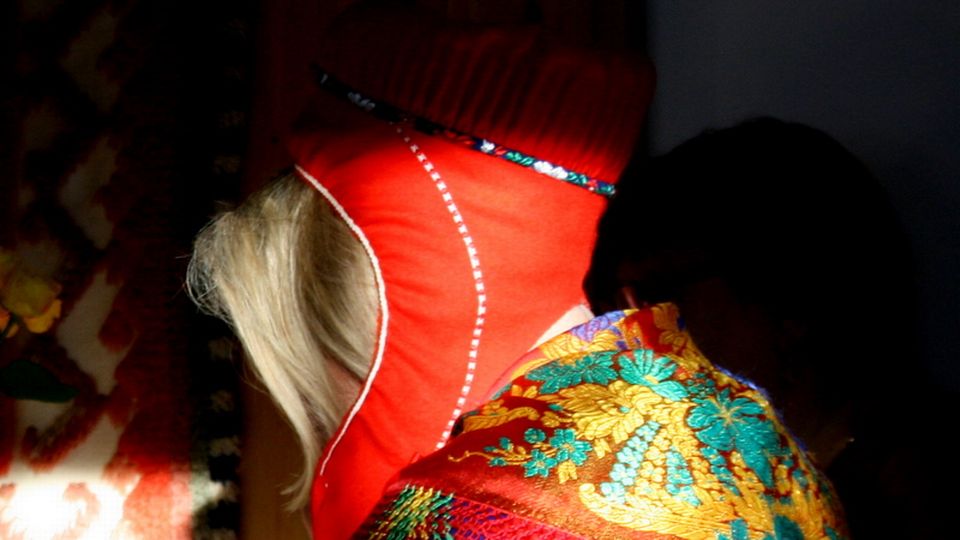Who is a Sámi?
A Justice Ministry working group has put forward a proposal to redefine who can be legally recognized as a member of the indigenous Sámi people in Finland. If approved, the new definition will stress ties to family and community.

Sámi cultural autonomy is based on 1996 legislation regulating the Sámi Parliament, a representative body for the over 9,000 people of Sámi heritage in Finland. It lays out the rules for elections to the parliament, as well as its tasks and powers.
A review of the workings of the law and the need for updates was turned over to Justice Minister Anna-Maja Henriksson on Wednesday. The working group that carried out the review produced a package of proposals for revisions, including a redefinition of who can legally be considered a Sámi.
Under the proposal, “Sámi” would mean a person who considers himself or herself to be a Sámi on the condition that:
- the individual, or at least one parent or grandparent, learned the Sámi language within a Sámi family community as a first language
- or, the individual acquired Sámi culture in his or her family community and has maintained contact with it
- or, at least one parent or grandparent has been registered, or could have qualified to be registered, to vote in elections to the Sámi council or Sámi Parliament.
Compared to present law, it would no longer be possible to claim Sámi identity solely as a descendant of a person who was documented as a Sámi in old land, tax or population registries.
The key feature of the redefinition is that the individual has adopted Sámi lifestyle or culture in family life. This usually means having grown up in a Sámi family or related community.
The working group also stressed the significance of group identification, that is, who the Sámi community views as being a member.



